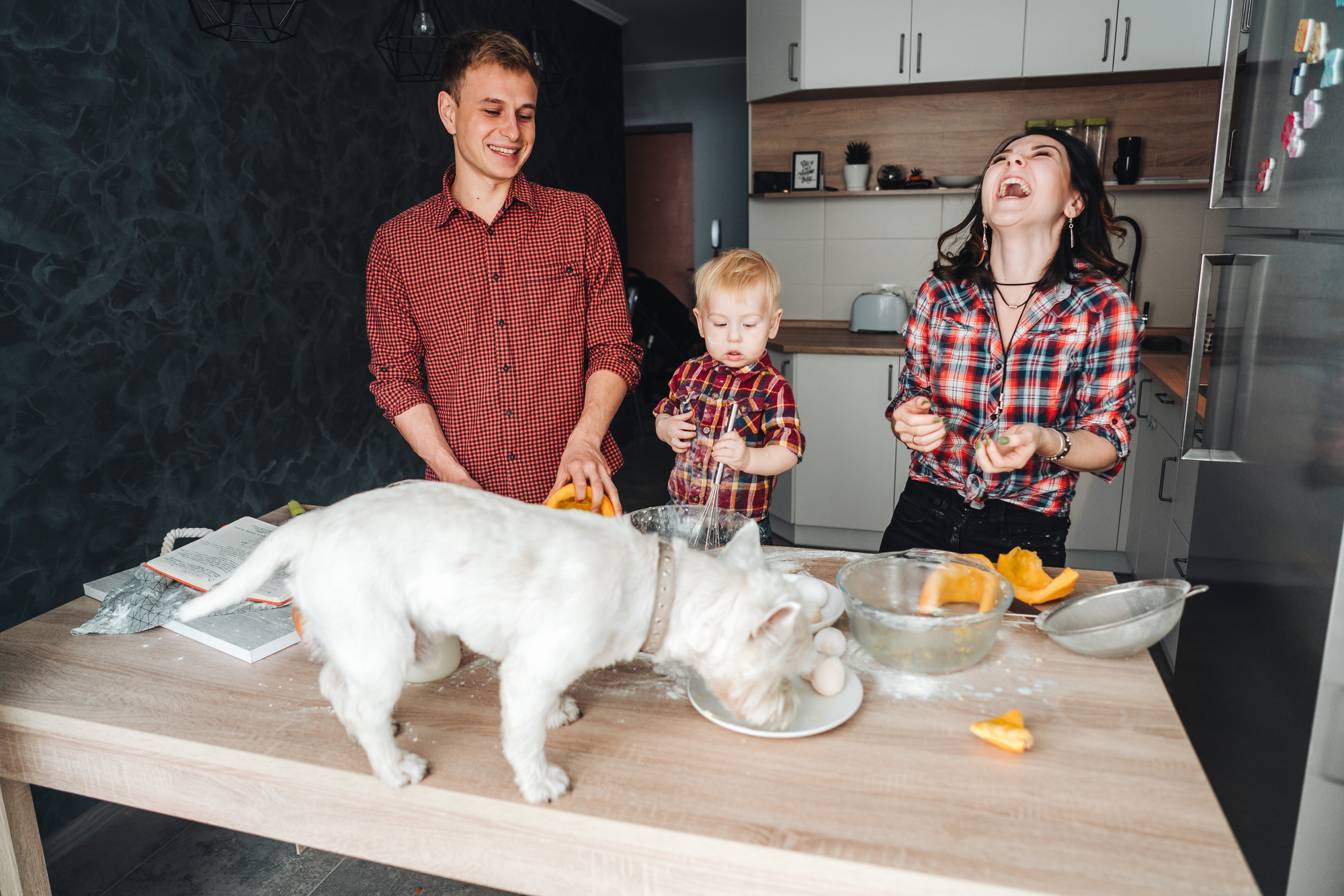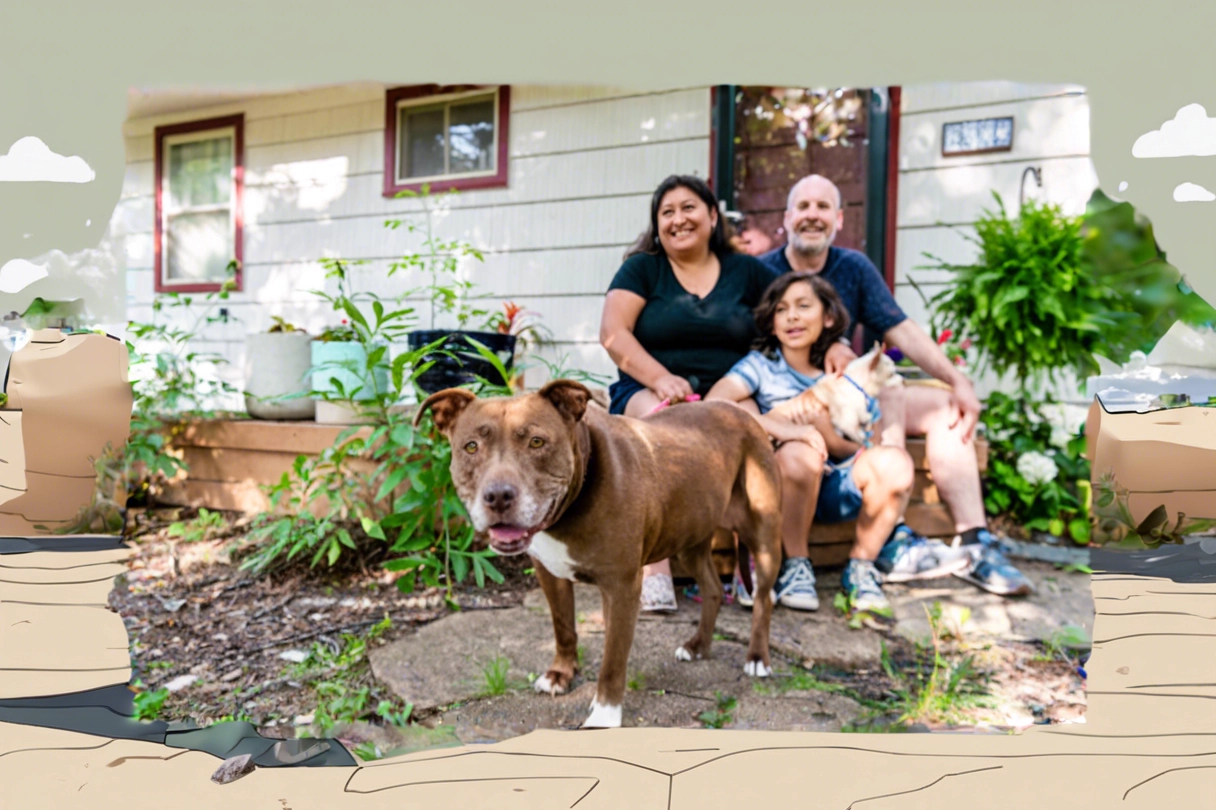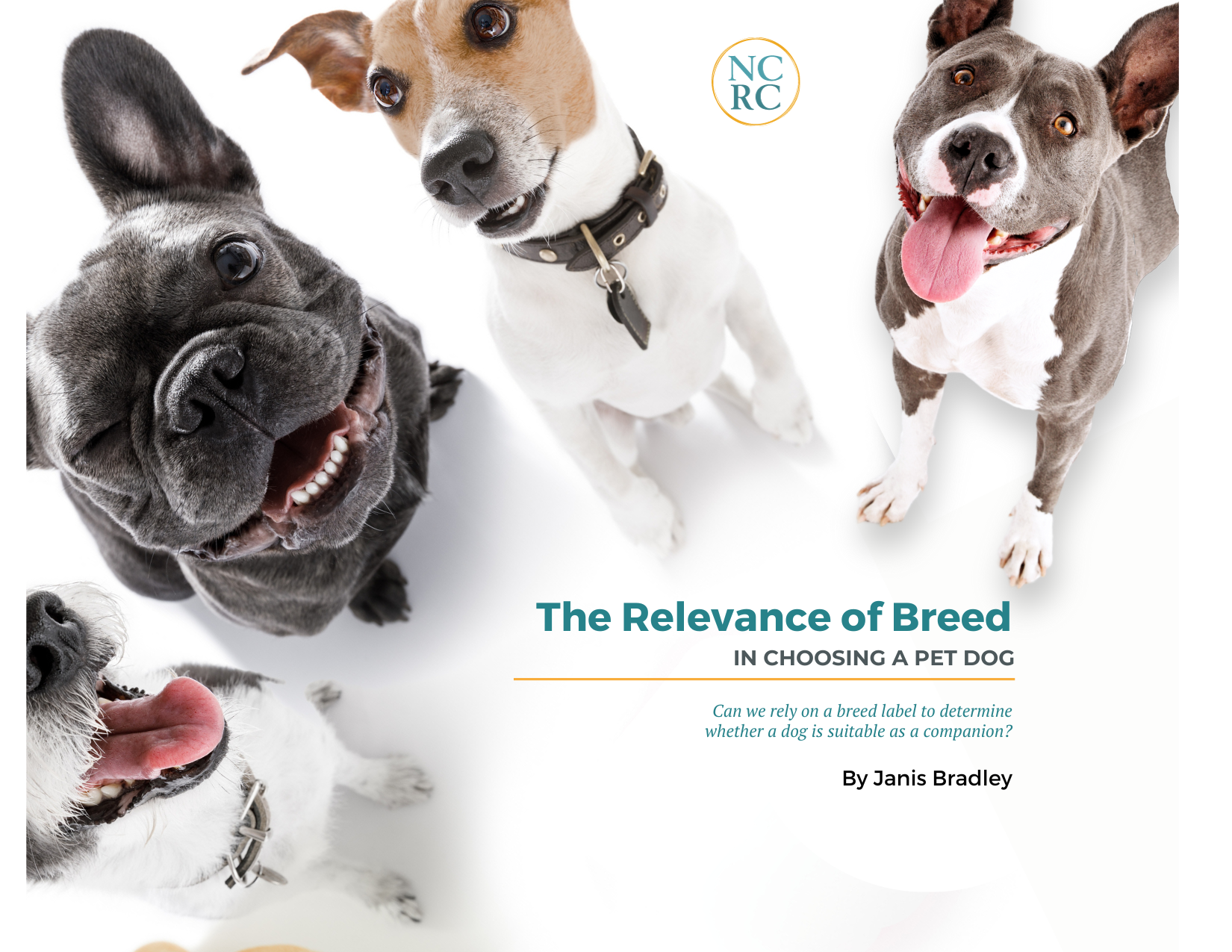Is your partner less than perfect? Does your sibling sometimes annoy you? Do your kids? How about your parents, or your friends? If you’re like pretty much everybody, the answers are probably, yes, all the way around. A new study confirms that our relationships with our pet dogs are the same. Sometimes they do stuff that gets on our nerves. Do we still love them? Of course.
The new study used data from more than 40,000 pet owners who filled out a very lengthy survey about themselves and their dogs, which included 42 questions about the dogs’ behavior. More than 99% of them reported that their dogs peed or pooped in the house, or got upset when left alone, or ate dog poop or behaved quite defensively or fearfully in response to things like meeting people or dogs or having their stuff taken away. And yet these were all dogs who were living successfully in homes. Moreover, these owners were sufficiently attached to them to spend a couple of hours filling out information about them and to commit to a study where they would be contacted repeatedly over the lifetime of their dogs.

It may well have been illuminating to know whether the owners considered any of this problematic, but that question was not asked. However, the mere participation in this study indicates that at least at the time of survey, these owners did not consider these behaviors to be deal breakers. Perhaps our expectations of our pet dogs are not that different from our expectations of one another.
More on dog behavior: The authors of Saving Normal: A new look at behavioral incompatibilities and dog relinquishment to shelters challenge the perception that behavioral incompatibilities are an important factor driving the relinquishment of dogs to shelters. In addition to finding little support for this belief in the relinquishment literature, they found that owners who were living happily with dogs reported no fewer incompatibilities with their pets than owners who relinquished their dogs.







